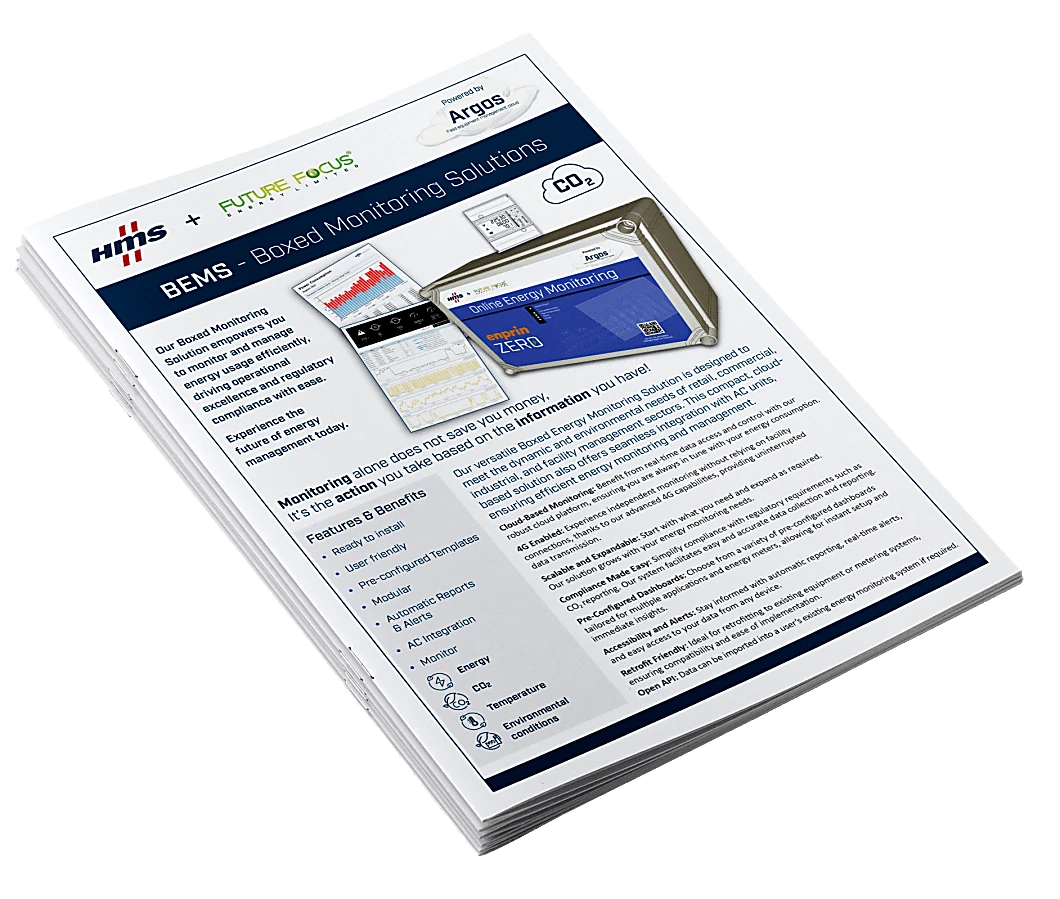Net Zero refers to the balance between the amount of greenhouse gases produced and the amount removed from the atmosphere. Achieving Net Zero means that any carbon emissions produced are offset by an equivalent amount of carbon removal, so the net emissions become zero. This concept is crucial for combating climate change, as it aims to limit the rise in global temperatures by reducing emissions to as close to zero as possible. Many countries, companies, and organizations have set Net Zero targets, typically aiming for a specific year by which they will reach this balance.
So in simple terms Net Zero is designed to “manage the balance between renewable energy sources and carbon-emitting ones”.





